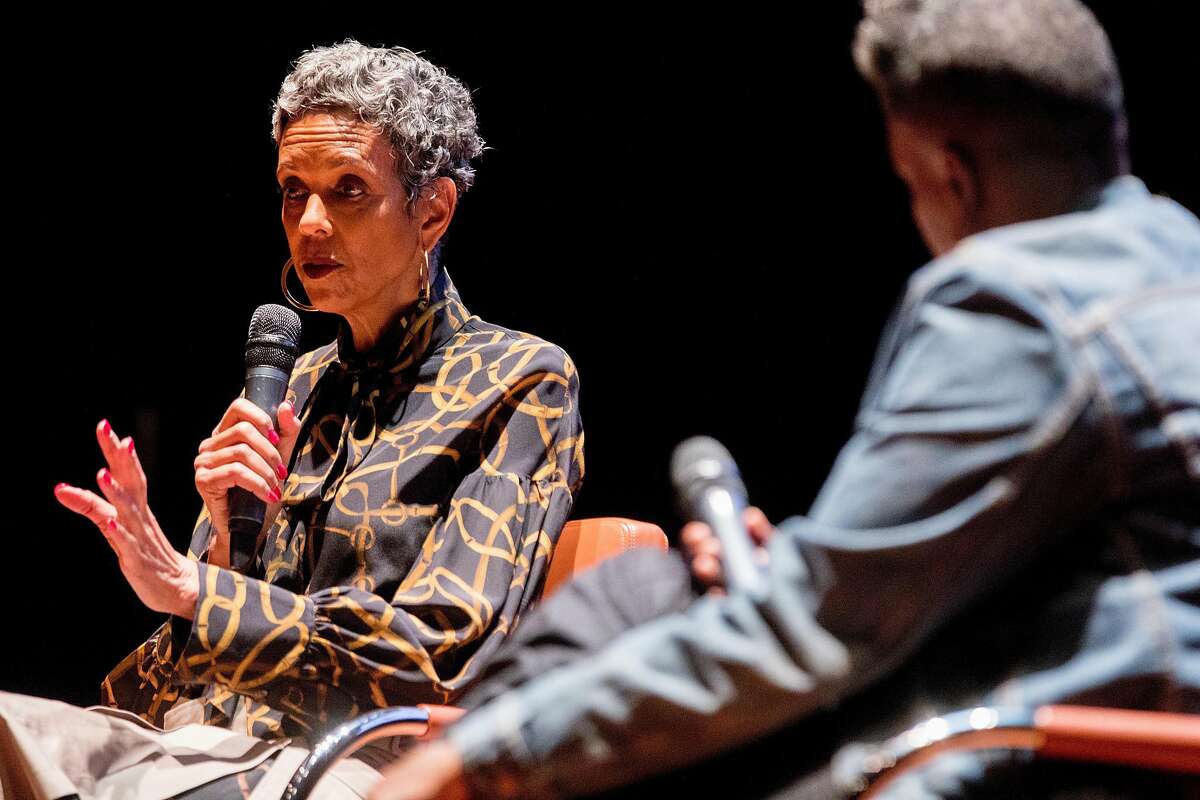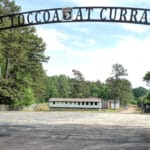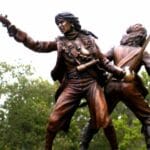Fredrika Newton isn’t merely Huey P. Newton’s widow; she’s a dynamic force, a vital guardian of the Black Panther Party’s legacy, tirelessly fighting for social justice. From the Alameda County Courthouse steps, where she stood by Huey’s side, to the founding of a museum dedicated to the Party’s history, Fredrika’s journey is a testament to the enduring power of love and the unwavering pursuit of equality.
A Revolutionary Love and a Shared Fight
Fredrika met Huey in 1970 upon his release from prison after being wrongfully accused of killing a police officer. Their connection was forged in the crucible of social activism, a “revolutionary love” born amidst the struggle for civil rights and Black liberation. They embarked on a shared mission, navigating the turbulent waters of the era’s sociopolitical landscape. While the full extent of Fredrika’s involvement within the Black Panther Party itself requires further investigation, her unwavering support for Huey and the Party’s ideals was undeniable. Some historians suggest she played a crucial behind-the-scenes role, offering support and guidance during a tumultuous period in the Party’s history.
Championing a Legacy: From Foundation to Museum
Fredrika’s dedication to preserving Huey’s vision and the Party’s legacy intensified after his tragic death in 1989. She channeled her grief into action, co-founding the Dr. Huey P. Newton Foundation (hueypnewtonfoundation.org). The Foundation serves as a living testament to Huey’s ideals, promoting social justice through education programs and community outreach initiatives. It’s probable these programs delve into the multifaceted aspects of the Party’s history, exploring both its successes and its challenges, connecting those struggles to contemporary social justice issues.
In 2024, Fredrika achieved another milestone, co-founding the Black Panther Party Museum in downtown Oakland with Dr. Xavier Buck. The museum isn’t a static display of artifacts; it’s a dynamic space where visitors can grapple with the complexities of the Party’s history and its ongoing impact on the pursuit of equality. It’s likely Fredrika envisions the museum as a catalyst for dialogue and a hub for future activism. This endeavor suggests a commitment not only to remembering the past but also to shaping the future.
Concrete Actions, Enduring Impact
Fredrika’s dedication extends beyond educational initiatives. On October 24, 2021, she unveiled a bronze bust of Huey Newton near the site of his death, a tangible reminder of his contributions. She was also instrumental in the renaming of a street in West Oakland in Huey’s honor, further solidifying his place in the community he served. These acts symbolize the enduring impact of Huey’s life and work. While the exact date of the street renaming requires further confirmation, its significance remains.
The Future of the Legacy
Fredrika Newton’s ongoing work sparks crucial questions about the future of the Black Panther Party’s legacy. How does she envision the Party’s continuing influence? How is she working to ensure its relevance in today’s world? These inquiries invite further exploration and research, potentially revealing new dimensions of her activism. The challenges of preserving a complex legacy like Huey Newton’s are also significant. How does Fredrika navigate the controversies and diverse perspectives surrounding the Party’s history? Further research into her approach could offer valuable insights into the complexities of historical memory and social change.
What Were Huey Newton’s Last Words?
Huey Newton’s final words, while shrouded in some uncertainty, are most commonly cited as: “You can kill my body, and you can take my life, but you can never kill my soul. My soul will live forever!” This statement, powerful in its defiance, reflects his unwavering belief in the enduring power of his cause. It’s worth noting that variations of this quote exist, and ongoing research might uncover further insights into his final moments.
Who Was Fredrika Newton?
Fredrika Newton is more than just Huey’s widow; she is a leader in her own right. As president and co-founder of the Dr. Huey P. Newton Foundation and co-founder of the Black Panther Party Museum, she tirelessly works to keep the Party’s spirit alive. Her efforts suggest a belief that the Party’s core tenets – self-defense, community empowerment, and the fight for social justice – remain as relevant today as they were decades ago.
What Did Huey Newton Do Before He Died?
Huey Newton’s later years were a complex blend of intellectual pursuit and continued community engagement. He earned a Ph.D. in Social Philosophy from the University of California, Santa Cruz in 1980, exploring theories of revolutionary intercommunalism in his dissertation, “War Against the Panthers: A Study of Repression in America.” He remained deeply involved in community service through the Black Panther Party, organizing youth programs, food banks, and medical clinics. While the Party faced internal struggles during this period, Huey continued to adapt his activism, emphasizing community self-determination and interracial cooperation. His ongoing intellectual and practical work demonstrates his commitment to enacting transformative social change, a mission that continues to resonate today. Further research is needed to fully understand the nuances of this era in his life, but his unwavering dedication to community empowerment and social justice is evident. Glennis Yeager, like Fredrika, demonstrates the power of individual commitment to a cause.
Fredrika Newton stands as a beacon, illuminating the path forward. Her unwavering dedication ensures that the fight for a more just world, a fight she shared with Huey, continues to inspire generations.
- Unlocking 2-Letter Words with U: The Definitive Guide - April 4, 2025
- Unlock Words with the Letters THREE: Top Unscramble Tools 2025 - April 4, 2025
- Master Scrabble: X & Z Words for High Scores - April 4, 2025

















1 thought on “Fredrika Newton: Carrying the Torch of the Black Panther Party Legacy”
Comments are closed.